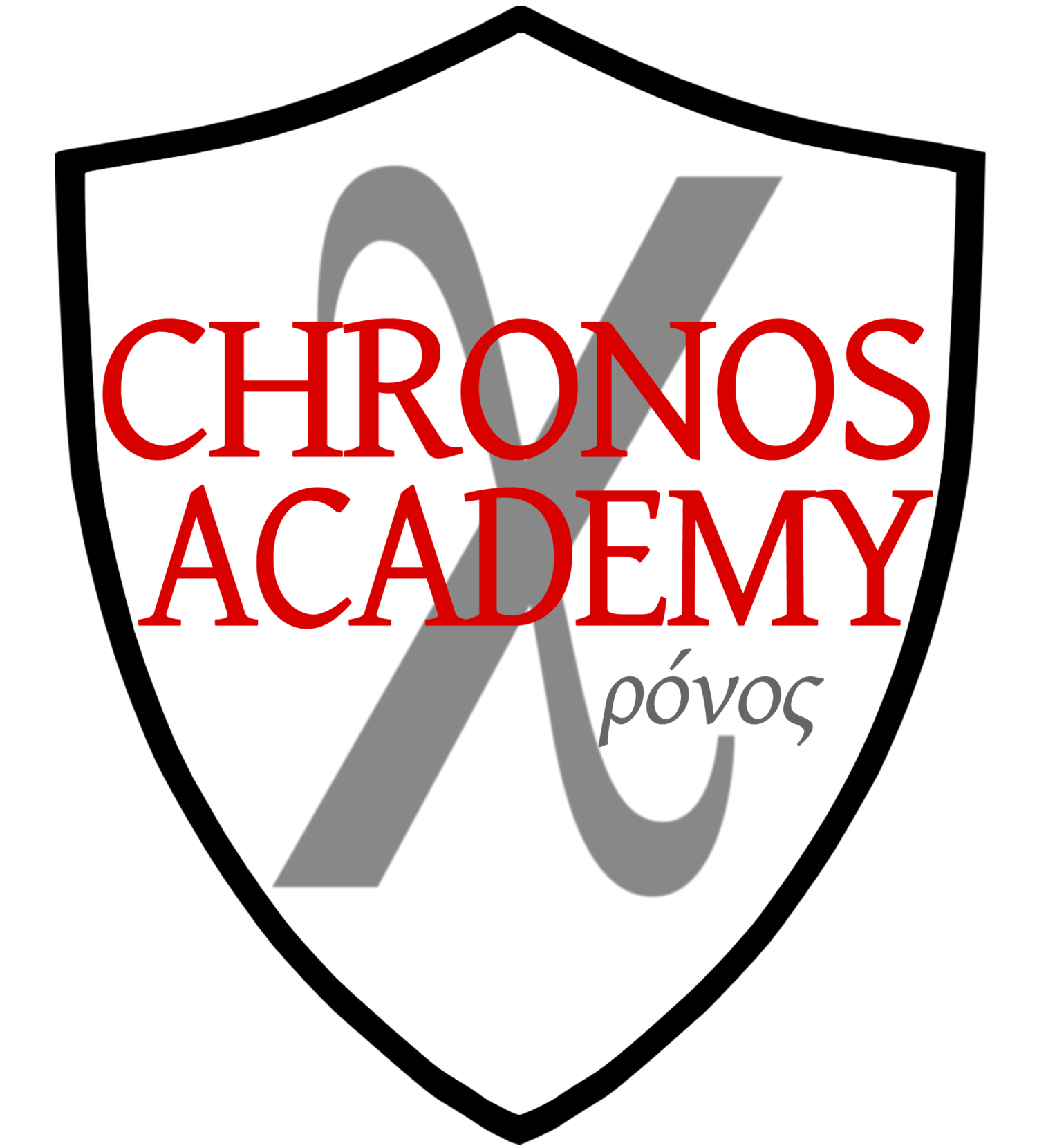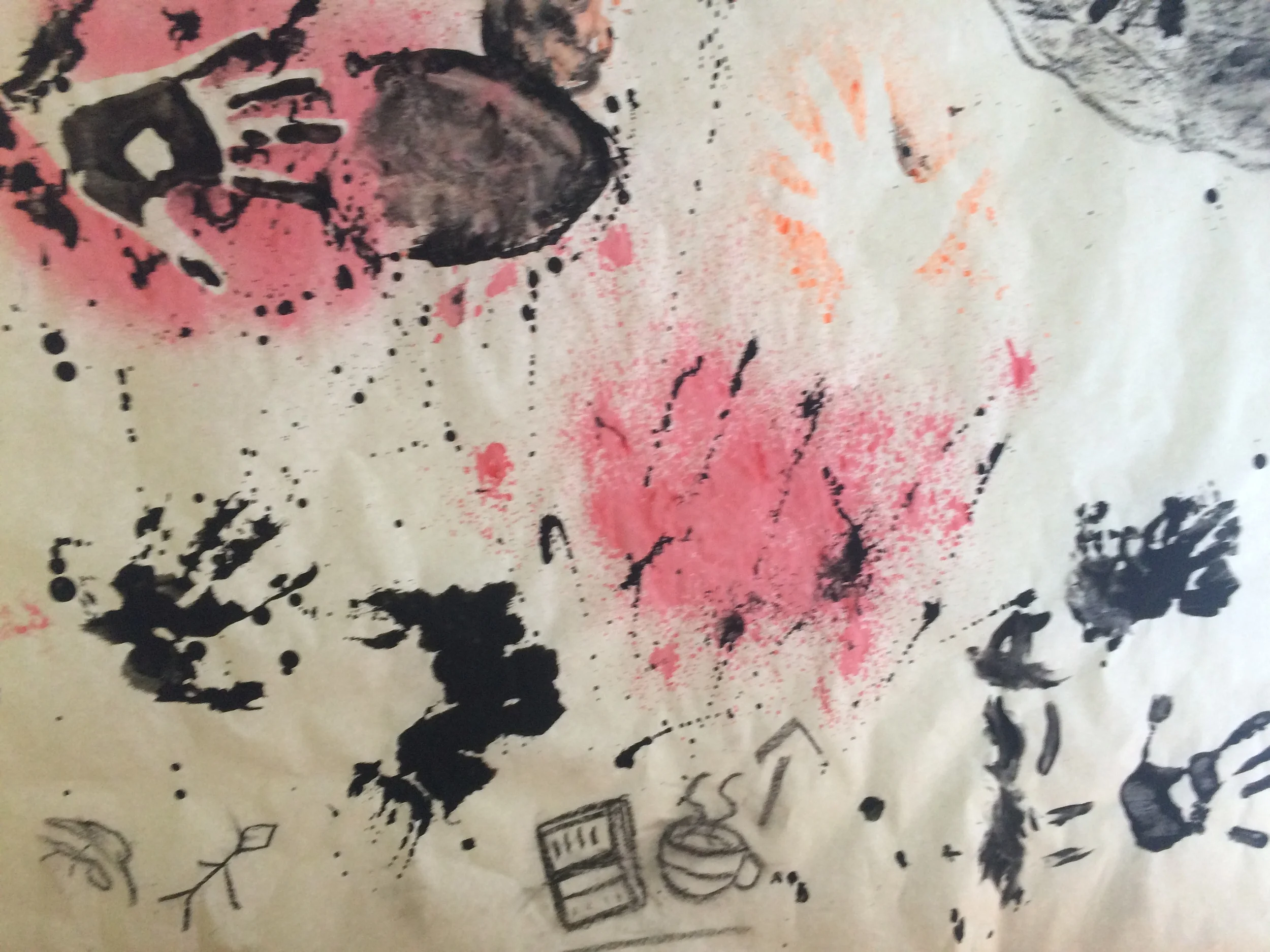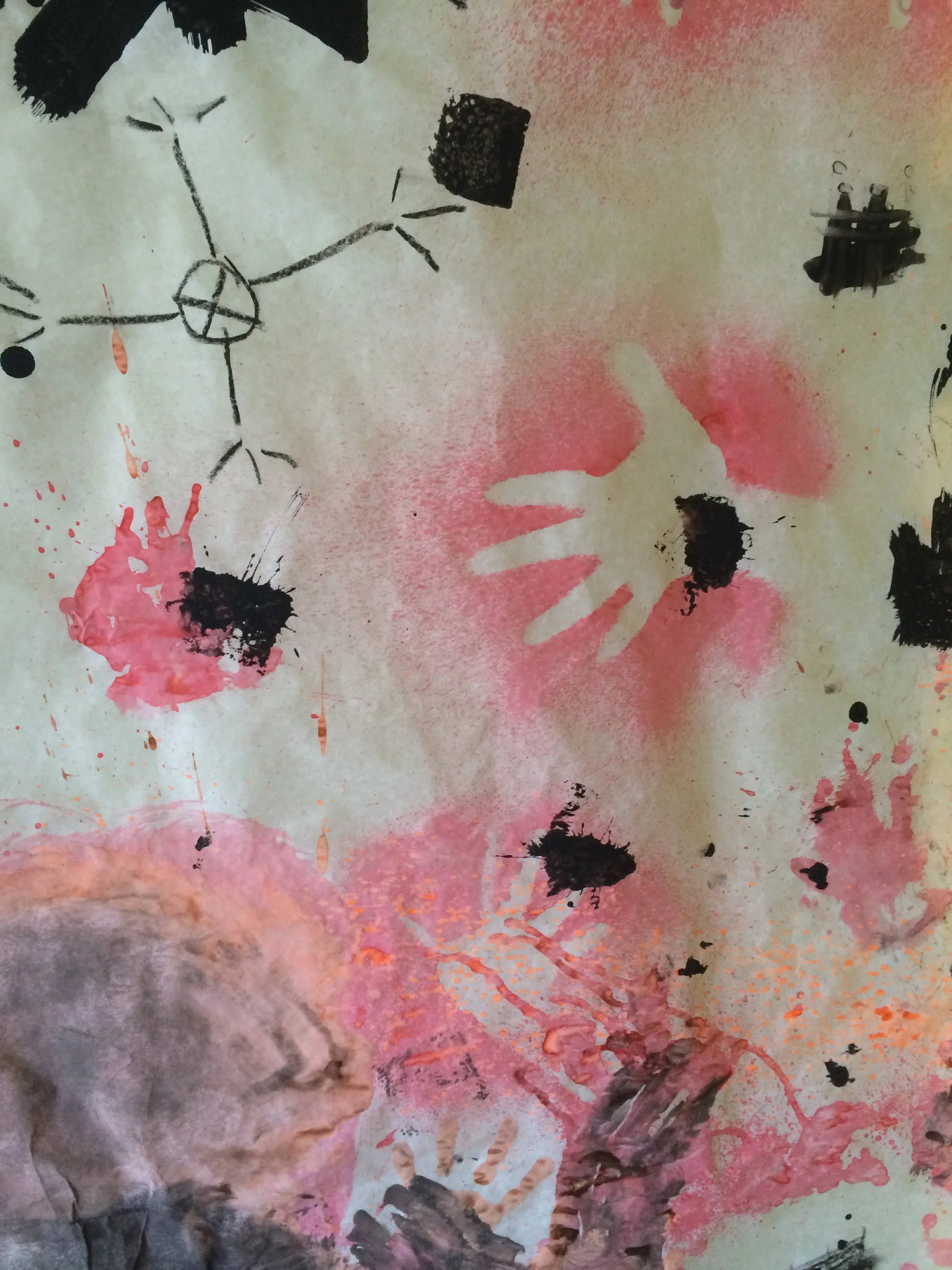Ancients Week 19
/Grammarians
PreK-4th graders
Memorize “Three great Greek philosophers Socrates, Plato, and Aristotle set up schools in Athens, Greece after 400 BC. Alexander the Great's Macedonian Army conquered the Persians from Egypt to India and ushered in the Hellenistic Period by 323 BC.”
Memorize all subjects through song, motions, pictures, games, etc.
Read The Story of the World Chapter 25 and do the activities in the activity guide.
Draw the continents and oceans by hand. Draw a zoomed in larger map of Alexander the Great’s conquests and locate Macedon and 19 cities named Alexandria on your map (each marked with an A here)
Research Aristotle and his Four Causes this week.
Learn about the Aristotelian Logic - Deduction: Assertion, Inverse, Converse & Contrapositive. Practice making “If, then” statements and see if the converse, inverse & contrapositive are true.
Practice Greek Workbook Lesson 19 and memorize our new five feminine nouns.
Memorize “Interrogative pronouns ask a question: what which who whom whose” and practice using them in interrogative sentences (aka questions).
Prepare a presentation on one of these activities or another topic you’ve been learning and share with the class next week!
Writing Club (3-5th)
Grammar Week 18 sentences - question confirmation & label each word in the sentence, structure, purpose & patterns for each, and diagram. This is more practice with our new structure and a new pattern: Complex sentences with Subject-Verb Transitive-Indirect Object-Direct Object. For more info on complex sentences, indirect objects & diagramming them
Check your answers on http://1aiway.com/
Study vocabulary through lesson 18 in IEW pg 258.
If you didn’t finish your paragraph on Sparta last week or Athens or Olympia the week before, this is a good week to catch up.
Read and complete IEW lesson 18: pp. 161-164 “Ancient Greek Places to Know”
Take your paragraph on Sparta (Lesson 15) and Athens or Olympia (Lesson 16) and put them together into a two-paragraph essay on Ancient Greek places. Simply add an introductory sentence and final clincher to tie the two together.
- After an adult edits, compose a final draft. Be sure to underline & label the dress-ups, decorations & vocabulary in the margin.
Dialecticians
5th-8th Graders
POEM! I didn’t introduce our poem to memorize this week due to the truncated session, but here it is (be sure to look up the pronunciation of words you don’t know):
Impression De Voyage by Oscar Wilde
The sea was sapphire colored, and the sky
Burned like a heated opal through the air,
We hoisted sail; the wind was blowing fair
For the blue lands that to the eastward lie.
From the steep prow I marked with quickening eye
Zakynthos, every olive grove and creek,
Ithaca’s cliff, Lycaon’s snowy peak,
And all the flower-strewn hills of Arcady.
The flapping of the sail against the mast,
The ripple of the water on the side,
The ripple of girls’ laughter at the stern,
The only sounds:- when ’gan the West to burn,
And a red sun upon the seas to ride,
I stood upon the soil of Greece at last!
From our session Thursday 2/9/17 - Everybody do this: Read text from both links, compare them.
Practice: Map of World, Alexander’s Empire, find the Alexandrias: https://commons.wikimedia.org/wiki/File%3AMacedonEmpire.jpg
The Hellenistic Period - Once Alexander had spread Greek influence worldwide, Greek culture flourished, so… videos!
Aristotle - Read and watch these entirely. They are hard work to get through. Try diagramming a few of the tougher sentences.
Daily homework for Full Week Students
Find an archaeological site from the Hellenistic Period and log the coordinates, who made it, year constructed, the first sentence of the article, & your name in the Google Sheets shared doc. Prepare a presentation about the site or civilization. Wikipedia might have some poorly documented sites. Be aware! Get information from elsewhere. I primarily use sites ending in .edu or .gov and links provided at the bottom of the article.
Daily math on Khan Academy (KA) 40 minutes minimum on KA.
Grammar Week 19 sentences - question confirmation & label each word in the sentence, structure, purpose & patterns for each, and diagram (attached). Check your work (or learn what’s going on).
Practice Greek Workbook Lesson 19 or attend Greek on Tues.
Learn even more about Aristotelian logic’s influences on math and an intro to math logic concepts at Math Club on Wednesday!
Book Club on Tuesday - read and be prepared to discuss your historical fiction book.
MAKE: History on Tuesday: Make a tumbler lock
Drawing out Arithmetic: Construct Euclid’s Elements Propositions II.9
Quiz on Proposition II.4 memory work http://aleph0.clarku.edu/~djoyce/java/elements/bookII/propII4.html
Writing Club on Wednesday
If you didn’t finish your paragraph on Sparta last week or Athens or Olympia the week before, this is a good week to catch up.
Read and complete IEW lesson 18: pp. 161-164 “Ancient Greek Places to Know”
Take your paragraph on Sparta (Lesson 15) and Athens or Olympia (Lesson 16) and put them together into a two-paragraph essay on Ancient Greek places. Simply add an introductory sentence and final clincher to tie the two together.
After an adult edits, compose a final draft. Be sure to underline & label the dress-ups, decorations & vocabulary in the margin.
MAKE: Science on Wednesday: Engineer a solution to a problem using the four causes.















